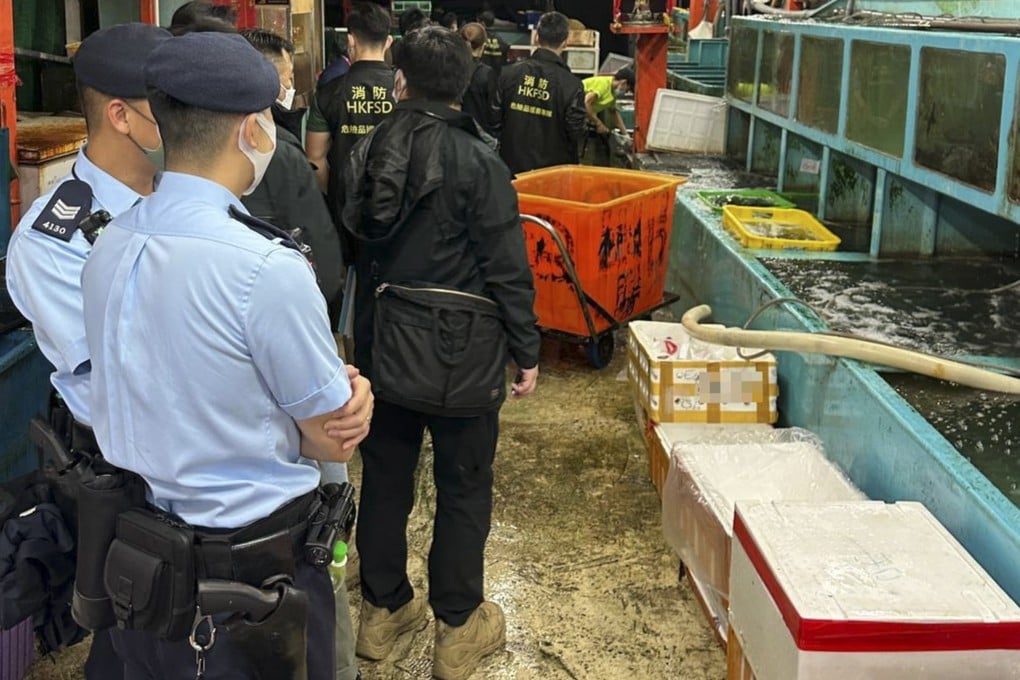Inside Out | As Hong Kong re-emerges as a global business hub, it needs a more robust competition policy
- The city’s competition watchdog performs a vital role in enforcing the law and preventing anticompetitive behaviour by firms, but it is critically understaffed and its remit does not extend to the public sector

This latest high-profile action shows the determination of the regulator to be on the side of the consumer. But what does the Competition Commission’s report card look like, and what is holding back the full force of the law?
Compared to its law-enforcement peers, the Competition Commission is critically understaffed. This inevitably imposes a natural limit on the intensity and scale of investigations. The government does provide a healthy litigation war chest, but there is a need for greater resources and retaining of staff dedicated to daily enforcement.
One comment that is often heard is that the modestly sized agency has focused on low-hanging fruit. It is frequently said that the law is meant to protect businesses from monopolists who are thought to be lurking in the shadows. However, of the 56 companies prosecuted by the Competition Commission to date, more than half are small and medium-sized enterprises.
Meanwhile, the fears of big business over the costs of compliance or being targeted by a rampant regulator have not materialised. The largest fine by far, HK$150 million (US$19 million), was in a plea bargain deal last year related to alleged air-conditioning cartels, but is awaiting sanctioning by the Competition Tribubal.

.jpg?itok=ADEAlatq&v=1688723011)